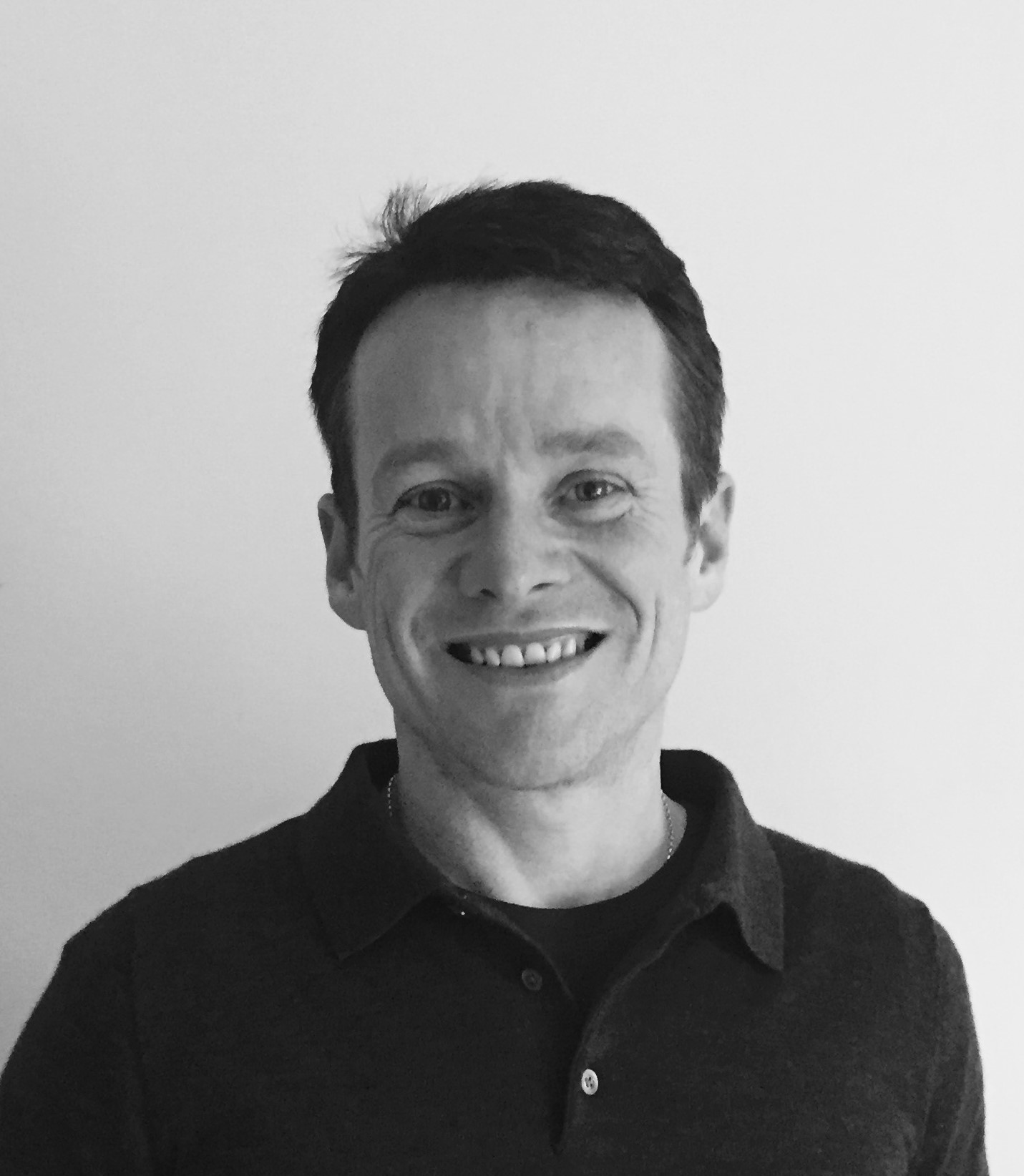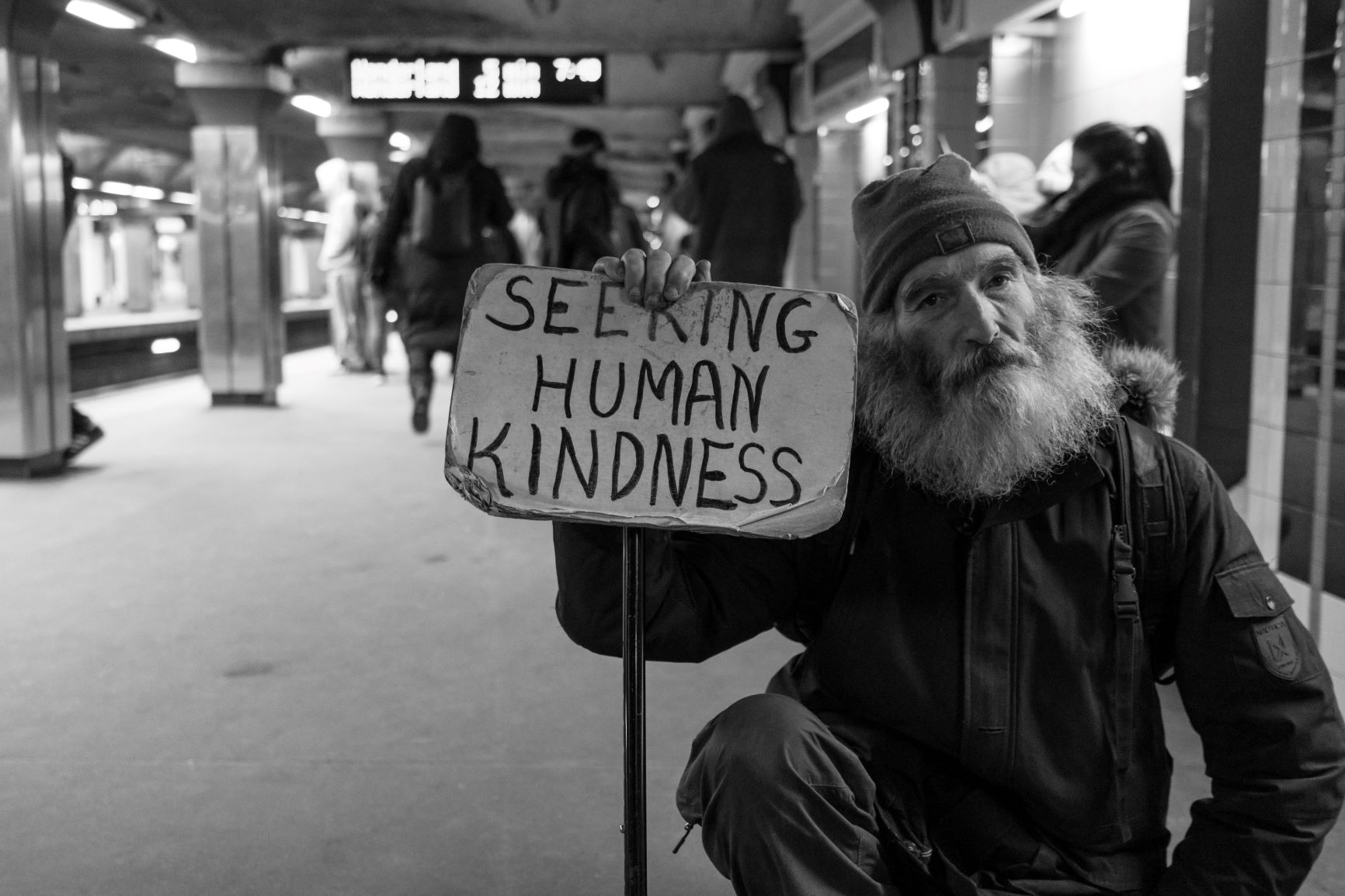I recently walked up to the counter of my local coffee shop and the barista was beaming. She handed me a note which said: “thank you for earlier Brian, this one’s on me.” To say it made my day is an understatement. It was from a woman — I don’t know her name — who had earlier asked me about a portable stand I use for my laptop. This stand was a godsend for my stiff neck, so I was delighted to tell her all about it. We had a lighthearted conversation about bad backs and computers, and that was it. I had forgotten all about it until I got my note.
In the months previous, I had taken up a practice which I picked up from Adam Robinson in Tim Ferriss’s book Tribe of Mentors. Every Monday and Friday since, I leave money with the barista to pay for a random person’s coffee. They never know who leaves the money — I don’t hang around — but it brightens up the day for all involved, including the barista. Now I was on the receiving end and it felt amazing, fully reinforcing my belief in the power of kindness.
Here are 10 ways to share random acts of kindness to lift someone’s day:
- Have you ever found a €2 coin on the ground? Feels amazing, doesn’t it? How about gifting someone that feeling. Try randomly leaving €2 on the ground the next time you come out of your local shop. You could even do it once a week. The joy you’ll get is worth far more than the price of a cup of tea.
- Take a day and smile at every person you see. They’ll smile back — I guarantee it — and you’ll both feel better for your actions.
- Call up an old friend and reconnect. It doesn’t have to be weird. Tell them that something sparked an old memory, and you just wanted to say hi.
- Get a loved one an unexpected gift. It’s even better if it’s something they have mentioned before. This shows that you’ve been listening, which is one of the greatest gifts of all.
- Like I said, listening is a gift, a priceless one. We rarely listen. Most people are thinking about what to say next, or even worse, they’re lost in their own thoughts. Next time you’re chatting to someone, listen with all of your attention. It’s one of the best gifts you can give.
- Pop into your mam or dad unexpectedly, and ask them about a favourite memory. Then make sure you spend time chatting about it.
- Strike up a conversation with a stranger, especially if they look a little lost or sad. If you struggle with an opening exchange, it’s best to triangulate. This means picking a subject that you can both relate to. For example, if you’re on public transport, use that, but try to keep it positive.
- When you’re driving through a car toll station, pay for the person behind you.
- Give someone a copy of your favourite book. Anthony de Mello’s ‘Awareness’ and Eckhart Tolle’s ‘Stillness Speaks’ had a tremendous impact on my life. They are both short books, so I like to gift those.
- Leave a handwritten thank you note when you go to a cafe or restaurant. People don’t expect it— not in today’s world anyway — and you’ll be sure to bring a smile to their face… as long as you still give a tip!
Acts of kindness do not have to be complicated or expensive. If you have money, great. If not, you can smile, listen, or simply chat with a stranger. Be a giver, not a taker. Random acts of kindness go a long way.
Liked this article? Check out brianpennie.com for similar stories, and get the FREE program I developed to make extraordinary changes in my recovery from chronic addiction. They can work for you too.


